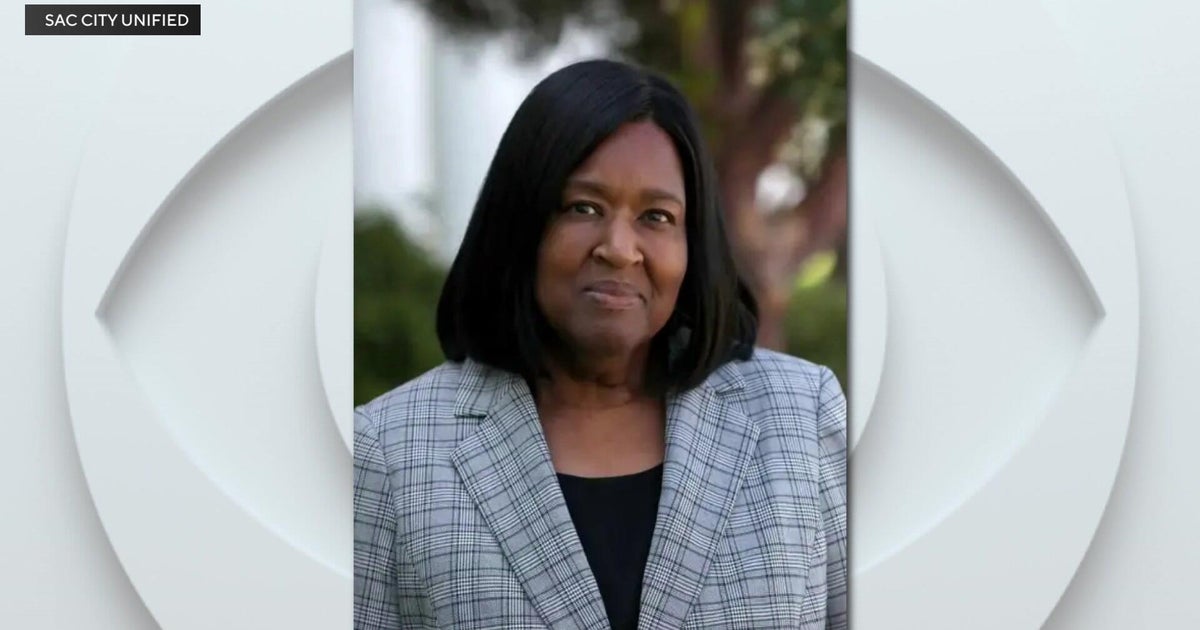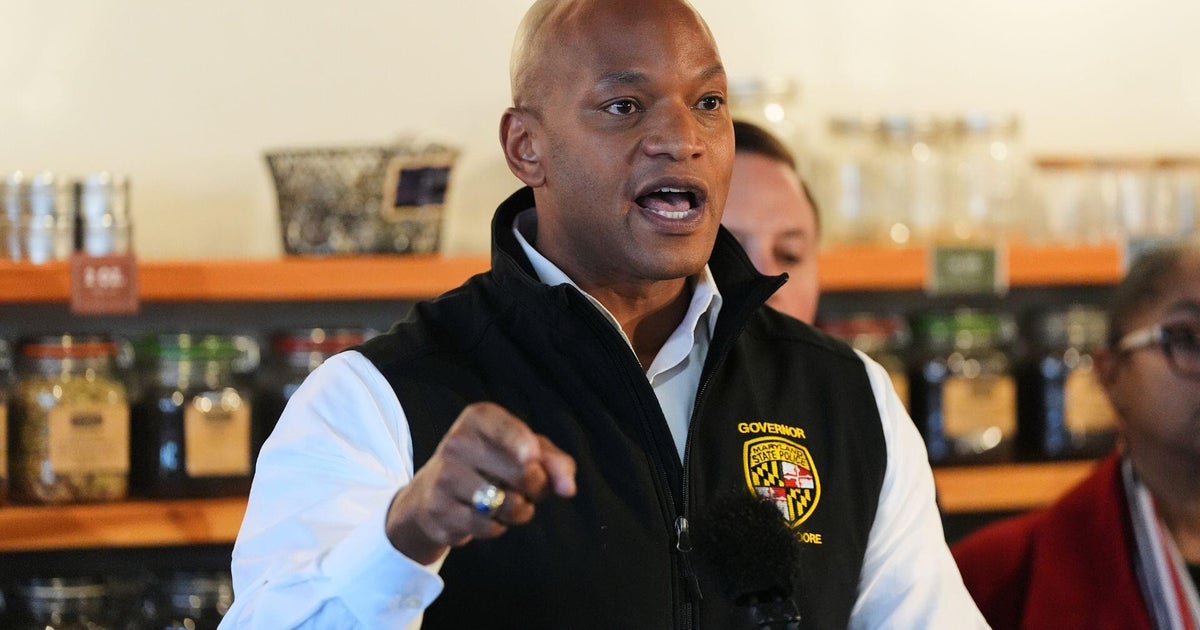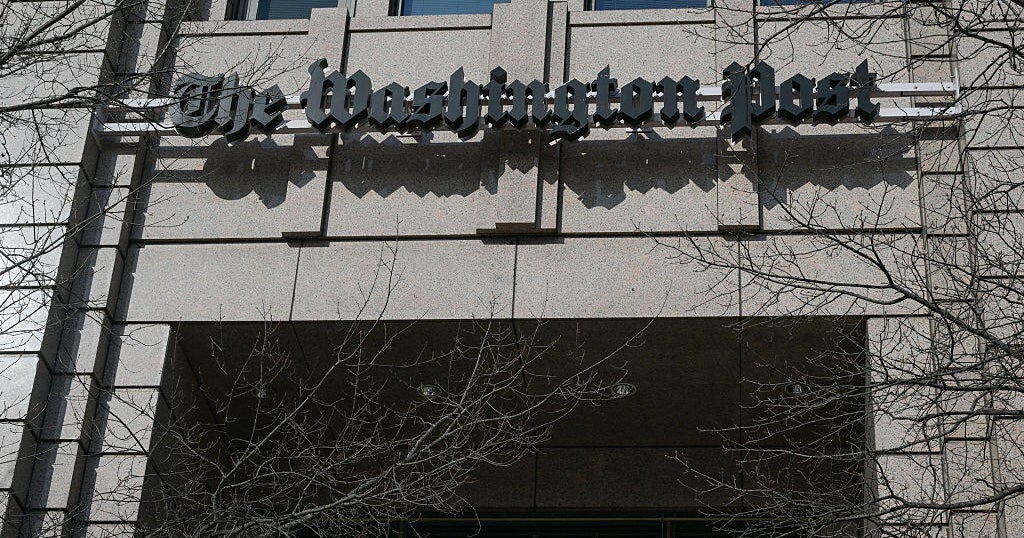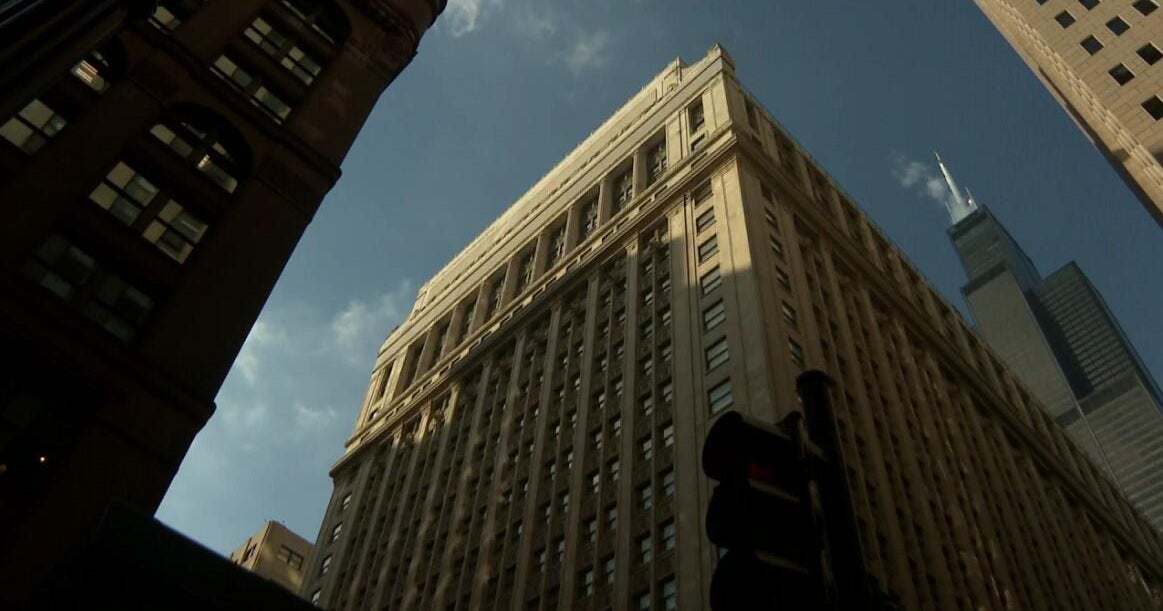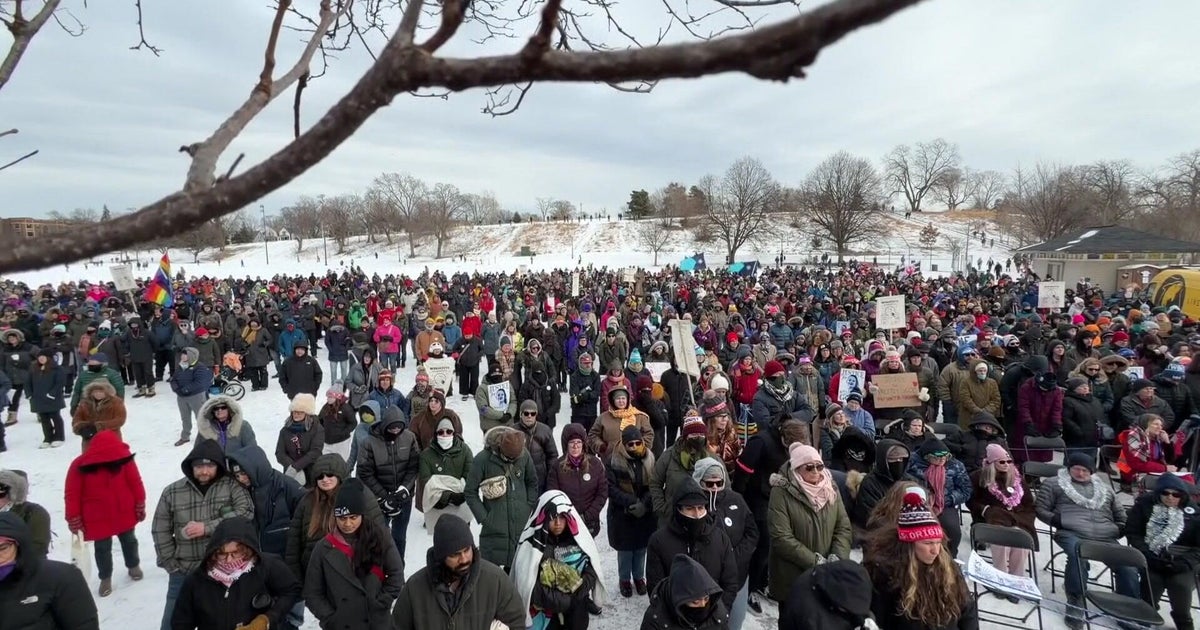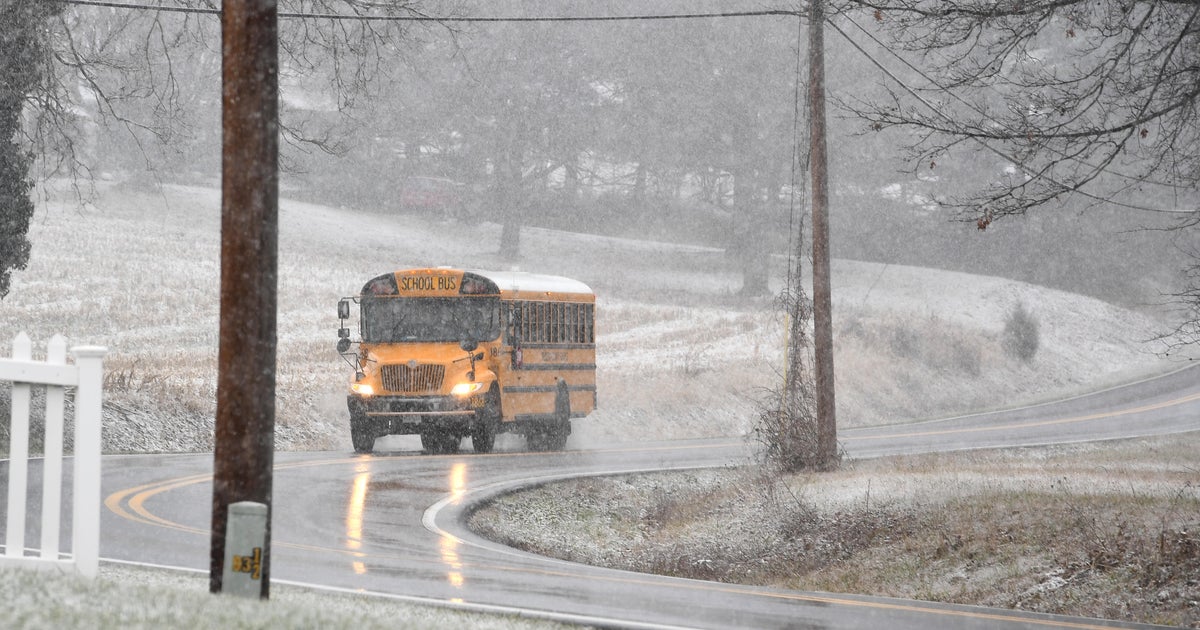JetBlue's CEO Will Step Down Early Next Year
JetBlue Airways Corp. CEO Dave Barger will step down in February and be replaced by the company's president, ending months of speculation about leadership at the airline, which is profitable but has lagged its rivals.
The new CEO, just the third in JetBlue's 14-year history, will be Robin Hayes, a 48-year-old former British Airways executive who joined JetBlue in 2008.
The change was announced after a meeting of the New York-based airline's board. Hayes will take over on Feb. 16, after Barger's contract expires.
Barger has been CEO since 2007. He said that he and the board agreed on the decision to change leaders, and that his departure wasn't due to any single event or trend.
"You just kind of know when you need the next level of ideas, innovation, evolution," Barger said in an interview. "It made sense to me and it made sense to the board."
Barger credited Hayes with pushing recent changes at the airline, including Mint, its premium seats on some transcontinental flights.
Hayes was named president in January. That promotion and his recent acquisition of U.S. citizenship helped fuel speculation that he was being groomed to take over.
Wall Street analysts have expressed hope that Hayes might take steps to increase revenue, including adding a fee for the first checked bag and putting more rows of seats on its Airbus jets. Hayes declined to comment on either of those potential moves.
"We serve the customers that are underserved by other airlines, and that strategy isn't going to change," he said.
Hayes said that JetBlue will continue with targeted expansion and improvements in the flying experience. The results, over the next two to three years, will "bear out the earnings growth that our shareholders expect," he said.
JetBlue has been profitable — it earned $234 million in the first six months of this year — but not as much as some rivals. It underperformed competitors by other measures too. For every 1,000 miles JetBlue flew in the first half of this year, it collected an average of $119 for each available seat — less than Southwest Airlines, at $135, and Delta Air Lines' domestic routes, at $166.
JetBlue just repealed a generous booking policy that let passengers get money back if the price of a flight fell after they booked. Wolfe Research analyst Hunter Keay had called the refund policy "destructive" and said it was "emblematic of a 'shareholder last' strategy."
JetBlue has major operations in New York and Boston, which exposes it to bad winter weather. The airline has had some memorable stumbles, including last January, when it suspended operations at four Northeast airports so that crews could rest and planes could be repositioned after a storm.
JetBlue only carries about 4 percent of U.S. passengers but remains popular with travelers because of limited extra fees, more legroom and being the first airline to offer all passengers individual TV screens with free live TV. Its Airbus A320 jets have 150 seats — 28 fewer than on budget carrier Spirit.
It has about 11,000 full-time employees and 4,000 part-timers.
Shares of JetBlue rose 13 cents to close at $11.33 before the announcement. In extended trading, they were up 52 cents, or 4.6 percent, to $11.85.
(© Copyright 2014 The Associated Press. All Rights Reserved. This material may not be published, broadcast, rewritten or redistributed.)
Latest News:
Top Trending:
